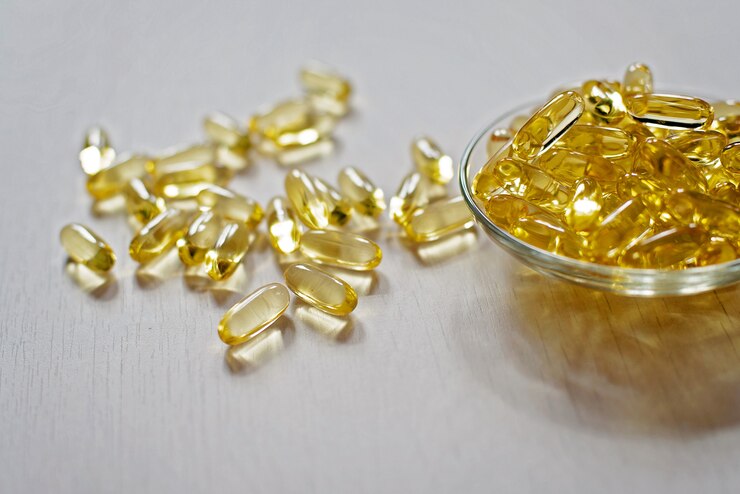Are you feeling fatigued, experiencing muscle weakness, or irregular heartbeats? You might be lacking potassium, an essential mineral crucial for various bodily functions. A condition known as Hypokalaemia. Not to worry! We’re here to guide you through increasing your potassium levels with ease and efficiency.
Potassium deficiency, known as hypokalaemia, can lead to a myriad of health issues. From muscle cramps to irregular heartbeat, maintaining optimal potassium levels is vital for your well-being.
Hypokalaemia, also known as potassium deficiency, is a common electrolyte disturbance that occurs when potassium levels in the blood are low. A normal blood potassium level is 3.6 to 5.2 millimoles per liter (mmol/L), while very low potassium levels (less than 2.5 mmol/L) can be life-threatening.
Preventing Hypokalaemia
Why is potassium is essential and how you can incorporate it into your diet effortlessly?
Potassium, an electrolyte, acts as a conductor of electricity within your body, facilitating essential processes. It aids in nerve transmission, ensuring seamless communication between nerve cells, and regulates muscle contractions for coordinated movements. Moreover, potassium maintains fluid balance, preventing dehydration or excessive fluid retention, and supports proper heart function, ensuring a steady heartbeat.
Now, let’s talk about incorporating potassium-rich foods into your diet. These foods not only taste delicious but also provide your body with the potassium it craves.

Potassium-rich foods
Bananas: This beloved fruit is a convenient and popular potassium source. Whether sliced onto cereal, blended into a smoothie, or enjoyed as a snack, bananas are a versatile addition to your diet.
Sweet Potatoes: Roasted, baked, or mashed, sweet potatoes offer a nutritious alternative to traditional spuds. Incorporate them into your meals for a potassium boost.
Spinach: Loaded with nutrients, spinach can elevate any dish. Whether sautéed as a side or tossed into salads and omelettes, this leafy green is a potassium powerhouse.

Oranges: Beyond their refreshing taste and vitamin C content, oranges are a great source of potassium. Enjoy them whole or as freshly squeezed juice to up your intake.
Avocado: Creamy and delicious, avocados are not only trendy but also rich in potassium. Spread them on toast or add them to salads for a nutritious twist.
While food is an excellent source of potassium, supplements may be necessary for individuals with diagnosed deficiencies. Potassium supplements come in various forms, including tablets, capsules, and liquid formulations. Intravenous potassium, administered in hospitals for rapid replenishment, is another option for severe cases.
However, it’s crucial to avoid excessive potassium intake, which can lead to hyperkalemia. This condition may cause symptoms such as irregular heartbeat and muscle weakness. Always consult your doctor to determine the appropriate form and dosage of potassium supplements for your individual needs.

In conclusion, maintaining optimal potassium levels is essential for overall health and well-being. By incorporating potassium-rich foods into your diet and consulting your healthcare provider when necessary, you can prevent hypokalaemia and enjoy a healthier, happier life. Remember, balance is key, so listen to your body and nourish it accordingly.
